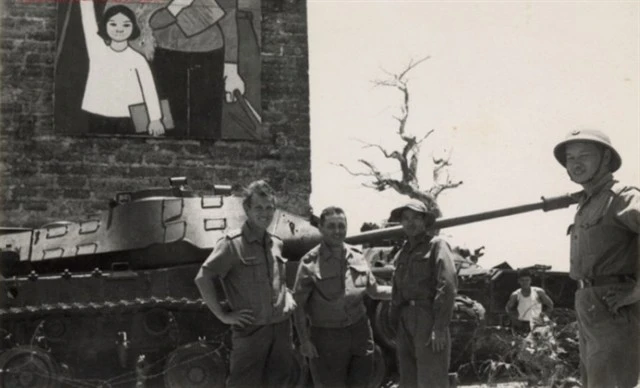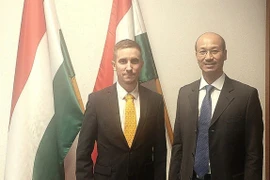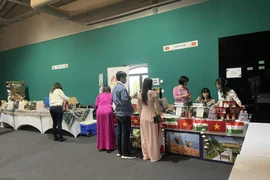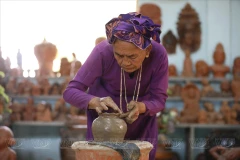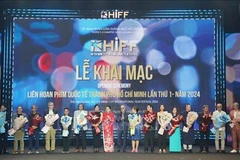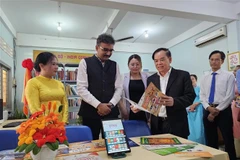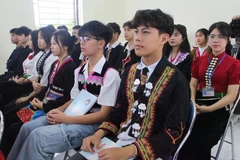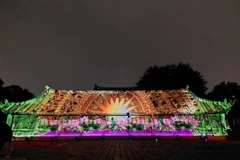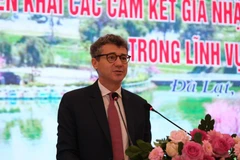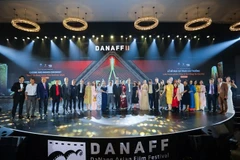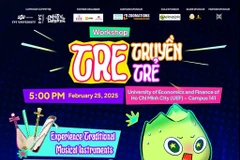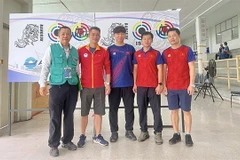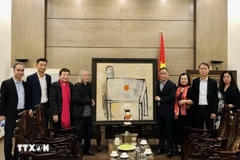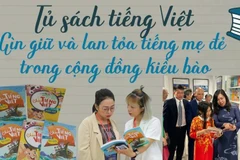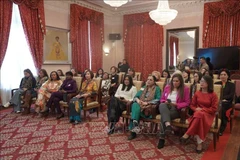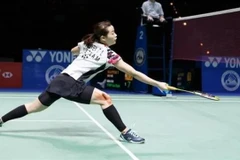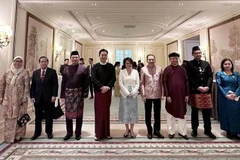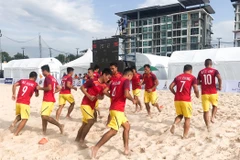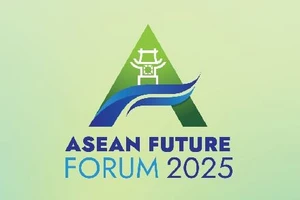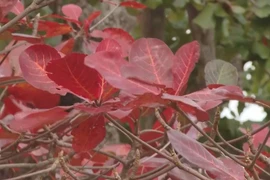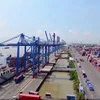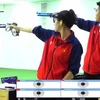Hanoi (VNS/VNA) - Hundreds of photographs showing Vietnam’s land and people, taken by Hungarian journalist László Rozsa from 1969 to 1974, during the country's struggle against the Americans, have been donated to the National Archives Centre III in Hanoi.
At the handover ceremony on February 24, Gabor Rozsa, the late Hungarian journalist's son, said the family had meticulously preserved the images, before they were handed over to the National Archives Centre III.
László Rozsa (1923–2017) worked as a reporter for the Hungarian newspaper Népszabadság (Freedom of the People) in North Vietnam from 1969 to 1971.
After the Paris Peace Accords were signed on January 27, 1973, Rozsa became a member of the Hungarian delegation at the International Control and Supervision Commission (ICCS) in Saigon (now Ho Chi Minh City) which monitored the implementation of the agreement.
During his time in Vietnam, Rozsa visited many battlefields and local districts, including Hanoi, Thua Thien Hue, Quang Tri and Loc Ninh (Binh Phuoc), taking hundreds of photos depicting the land and people wherever he went.
The photos were carefully preserved by Rozsa until his passing eight years ago, after which his family maintained the collection. Thanks to the efforts of various organisations and individuals, the photos were eventually handed over to the National Archives Centre III.
At the ceremony, Tran Trung Kien, deputy director of the Department of Administrative Documents and Archives, along with other historians, emphasised the value of Rozsa's photographs.
Kien said: “The Rozsa family's donation of photographs is significant, reflecting the goodwill of many generations of Hungarians towards Vietnam. This event is even more meaningful as these images return to Vietnam, preserved by Hungarian friends, coinciding with the 75th anniversary of diplomatic relations between the two countries.”
Tran Viet Hoa, director of the National Archives Centre III, expressed her gratitude to the Rozsa family for preserving and donating the photographs.
She said the photos will be carefully preserved at the centre, which is responsible for storing documents produced by the Democratic Republic of Vietnam, now the Socialist Republic of Vietnam.
“In the future, we will organise activities to promote this collection of photographs alongside other archival materials, contributing to the nation's development efforts,” she said.
Hungary was one of the first countries to establish diplomatic relations with Vietnam on February 3, 1950 amid the Vietnamese hard struggle against the French. Since then, the relationship has continuously developed, achieving many significant milestones.
The Hungarian people have always offered sincere support to Vietnam. During the mid-20th century, when Vietnam was fighting for national independence, Hungary provided assistance, helping Vietnam train many students and specialists in various fields, contributing to the country's nation-building and independence protection efforts./.
